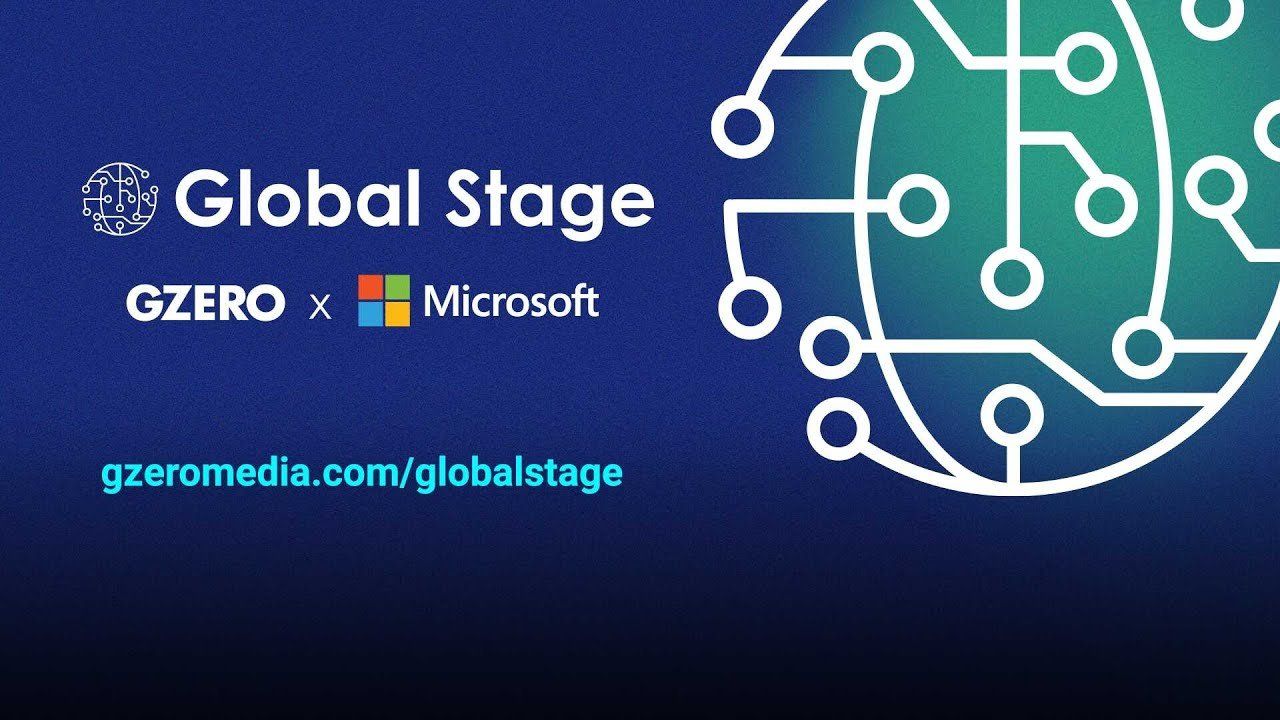1.8 billion: Would you live on one of Jupiter’s moons? On Monday, NASA launched a solar-powered probe toward Europa, one of Jupiter’s moons, to see if it can support life. The probe will travel for five and a half years and about 1.8 billion miles before it reaches Europa.
70: Russia is using a shadow fleet of oil tankers — comprised of aging vessels with unclear owners — to evade a Western price cap meant to limit energy revenues and punish Moscow over its invasion of Ukraine. Roughly 70% of Russia’s seaborne oil has been transported by its shadow fleet in recent months, according to a new report from the Kyiv School of Economics.
21: At least 21 people were reportedly killed in an Israeli strike on Monday in northern Lebanon, a Christian-majority area. This came a day after a Hezbollah drone attack on an army base in northern Israel killed four soldiers. “We will continue to strike Hezbollah without compassion in every part of Lebanon, including in Beirut,” Israeli Prime Minister Benjamin Netanyahu said during a visit to the base on Monday.
3: On Monday, three US-based academics — Daron Acemoglu and Simon Johnson of the Massachusetts Institute of Technology and James Robinson of the University of Chicago — won the 2024 Nobel economics prize for their research on global inequality. “The laureates have demonstrated the importance of societal institutions” to help reduce the vast differences in income between countries, says Jakob Svensson, chair of the Committee for the Prize in Economic Sciences.






